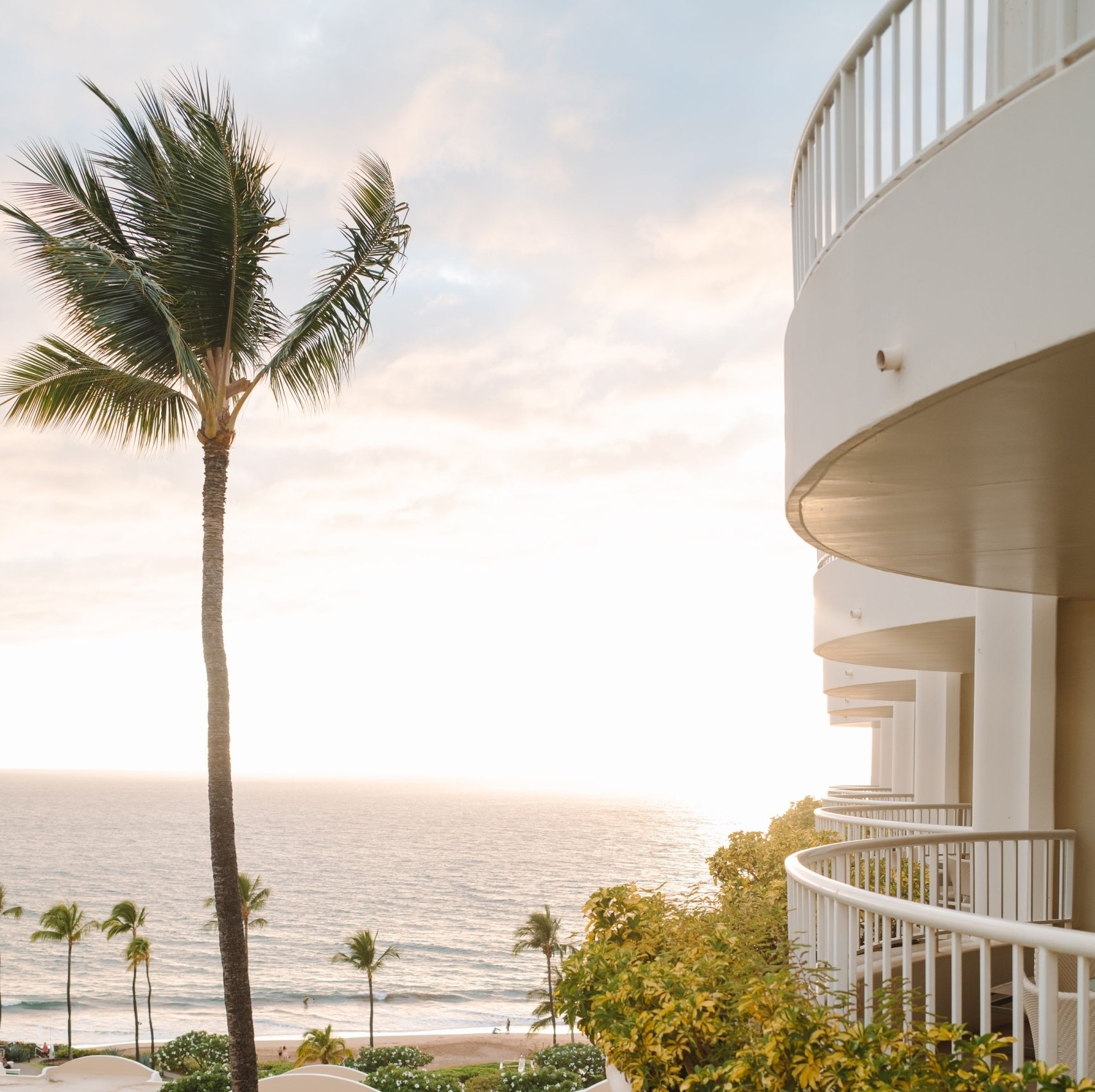Sustainability
At Fairmont Kea Lani, we believe in reducing our environmental impact and creating responsible tourism. Mālama pono (take good care): we work relentlessly to minimize the impacts associated with our operations.
- Our installation of 2,236 rooftop photovoltaic panels generates over 20 percent of our monthly electrical demand while reducing CO2 footprint by an estimated 75.1 tons per month.
- Ongoing equipment upgrades include sensor-based systems to reduce excess electricity usage.
- Variable Frequency Drives (VFDs) on the majority of our pool and water feature pumps and cooling tower fan motors.
- Suites and villas utilize Inncom temperature control systems to greatly reduce energy usage and provide energy efficiency management.
- Compact Fluorescent Lightbulbs (CFL) installed in all public areas and back of house to further reduce energy usage.
- Updates to pool filters allow them to more efficiently clean water using fewer chemicals and offering significant water savings.
- Removal of over 58,000 sq. ft. of vegetation around our parking lot completely eliminating the use of water in this area.
- Installment of smart engineered equipment including chemical free water treatment system for cooling towers and electronic water conditioning allow us to save millions of gallons each year and eliminate waste water.
- Repair of leaking underground domestic and irrigation water systems and plans to upgrade irrigation to a moisture detection system will continue to eliminate overwatering of vegetation.
- Plans to replace all domestic water piping in the main building will result in large decreases in water consumption.
- Aqua-recycler recycles an average of 7.25 million gallons per year of laundry water, reducing our laundry water usage by 88 percent.
- Landscaping supports a wide variety of native plants and other vegetation which significantly contribute to keeping the air clean, helping prevent erosion, and requiring less water than lawns.
- Each suite and villa features low-flow showerheads and toilets.
- Locally sourced produce, meat and fish supports our local agriculture and fishing and reduces shipping costs and fossil fuel usage.
- 80 percent of fish served is sourced locally. Over 70 percent of produce served is sourced locally.
- Disposable food containers made from cornstarch, recycled paperboard and sugarcane bagasse as well as compostable cups made from 100 percent corn and utensils made from potatoes. The products are biodegradable with most reaching the majority of decomposition within 60 days.
- Use of LeanPath – an smart technology food waste tracking device – along with Zero Waste Recipes to reduce food waste and operate a more sustainable facility.
- 600–700lbs of food waste is donated weekly to a local Puaʻa Farm (pig farm).
- Over 300 gallons/week of cooking oils are recycled into biofuel.
- Used soaps and other discarded toiletries are recycled through the Clean The World Foundation and help supply over 127 countries with hygiene products, thus saving lives and keeping items out of the landfill.
- In-house bottled water system utilizing reusable glass bottles at our signature restaurant Kō and meetings/banquet functions, reduce plastic bottle waste and emissions used for transport and delivery.
- Refillable water stations throughout the resort reduce single-use plastics.
- Plastic, glass and aluminum recycled through our “HI 5” donations program.
- Complimentary reef-safe sunscreen offered to all guests.
- Retired linen and furniture is donated to local nonprofits.
- Native plants used in resort landscaping support the indigenous biodiversity of Maui.
- Use of rocksalt to generate liquid chlorine to replace the chemical chlorine used in our pool applications reducing the environmental impact.
- Mālama Hawai‘i Pledge: Mālama Hawaiʻi Package offers complimentary 5th night with self-guided beach cleanup voluntourism.
- Complimentary Courtesy Car usage offered to guests to provide alternative transportation and reduce single passenger cars on the roads.


